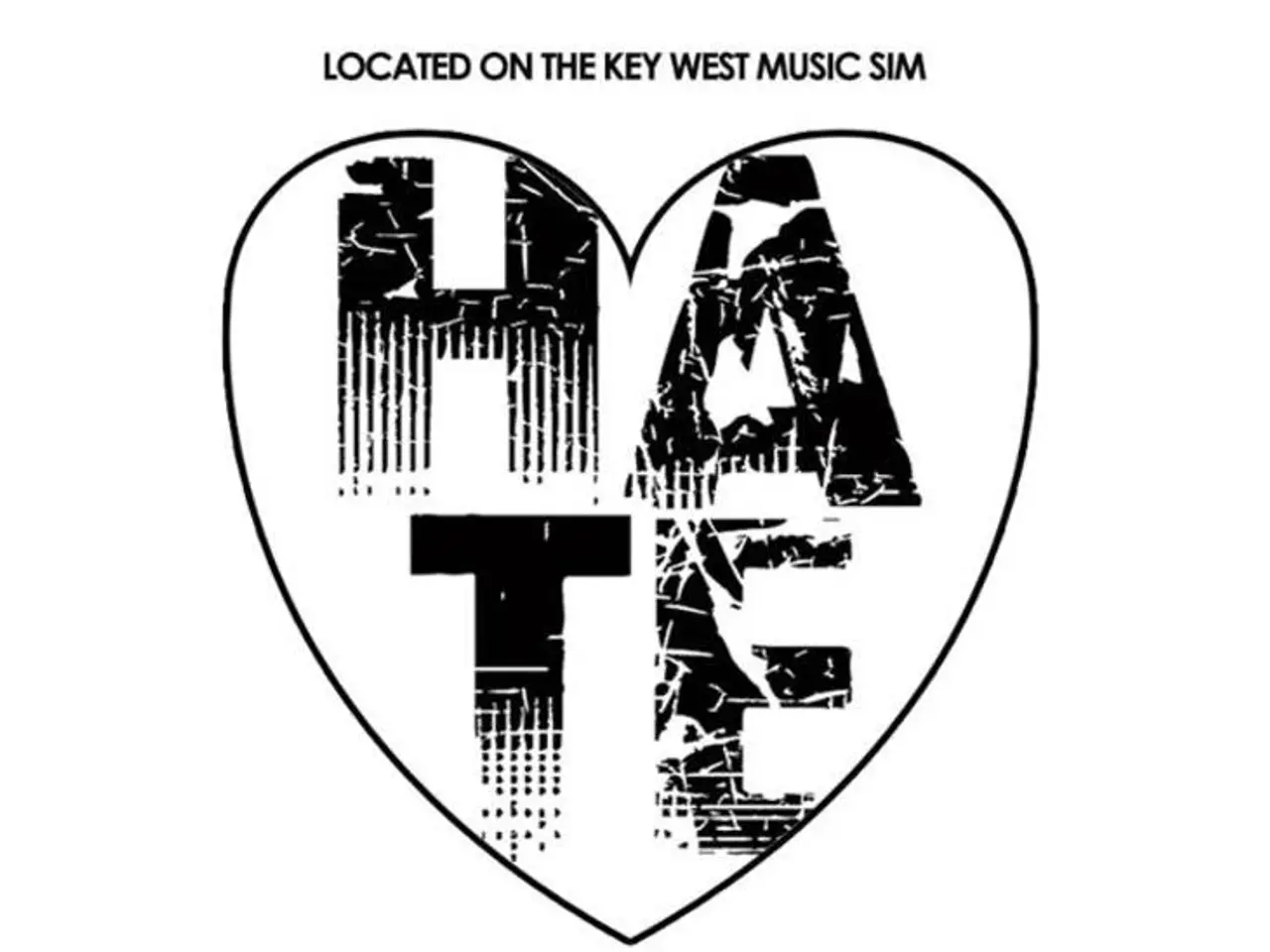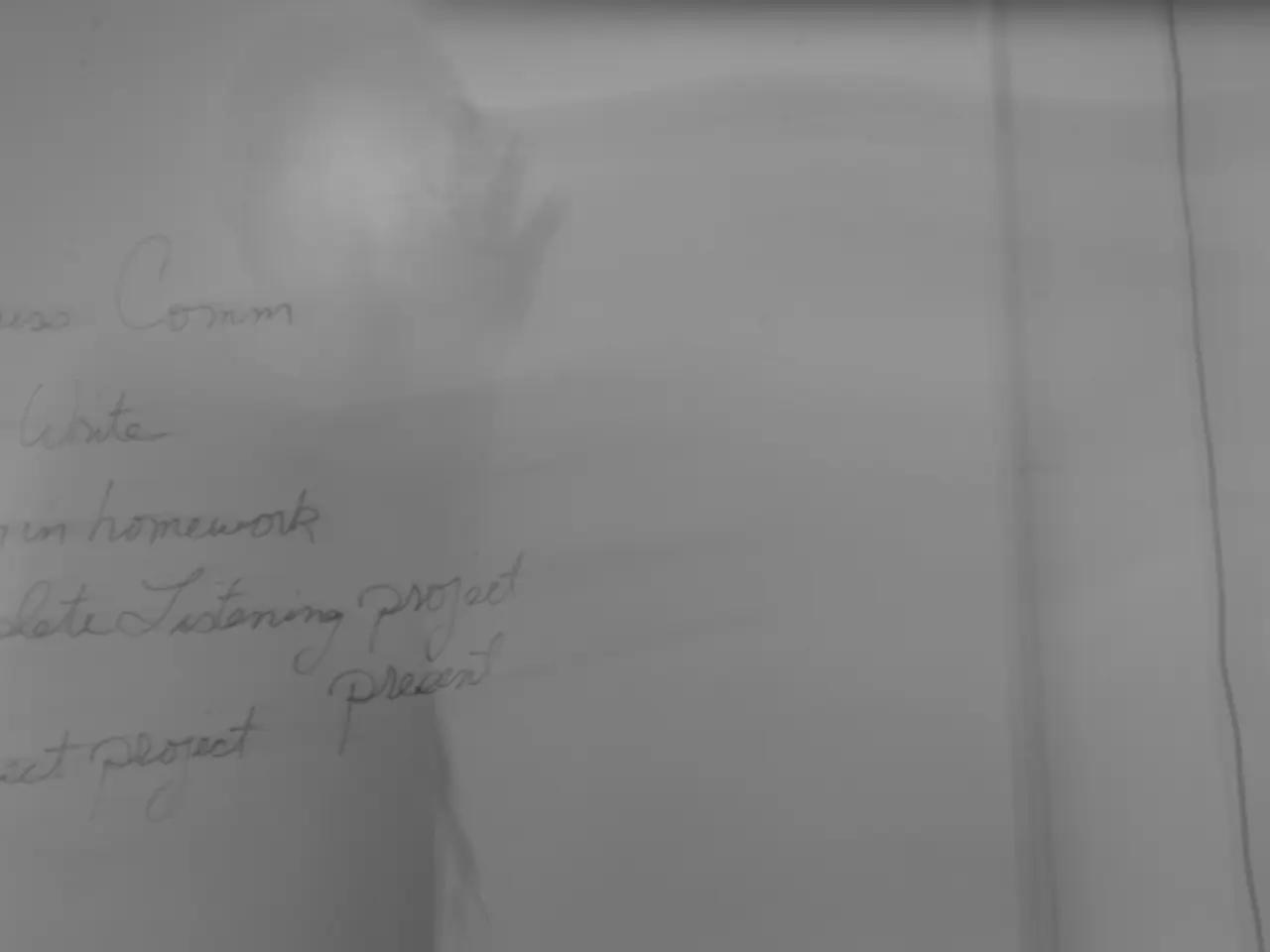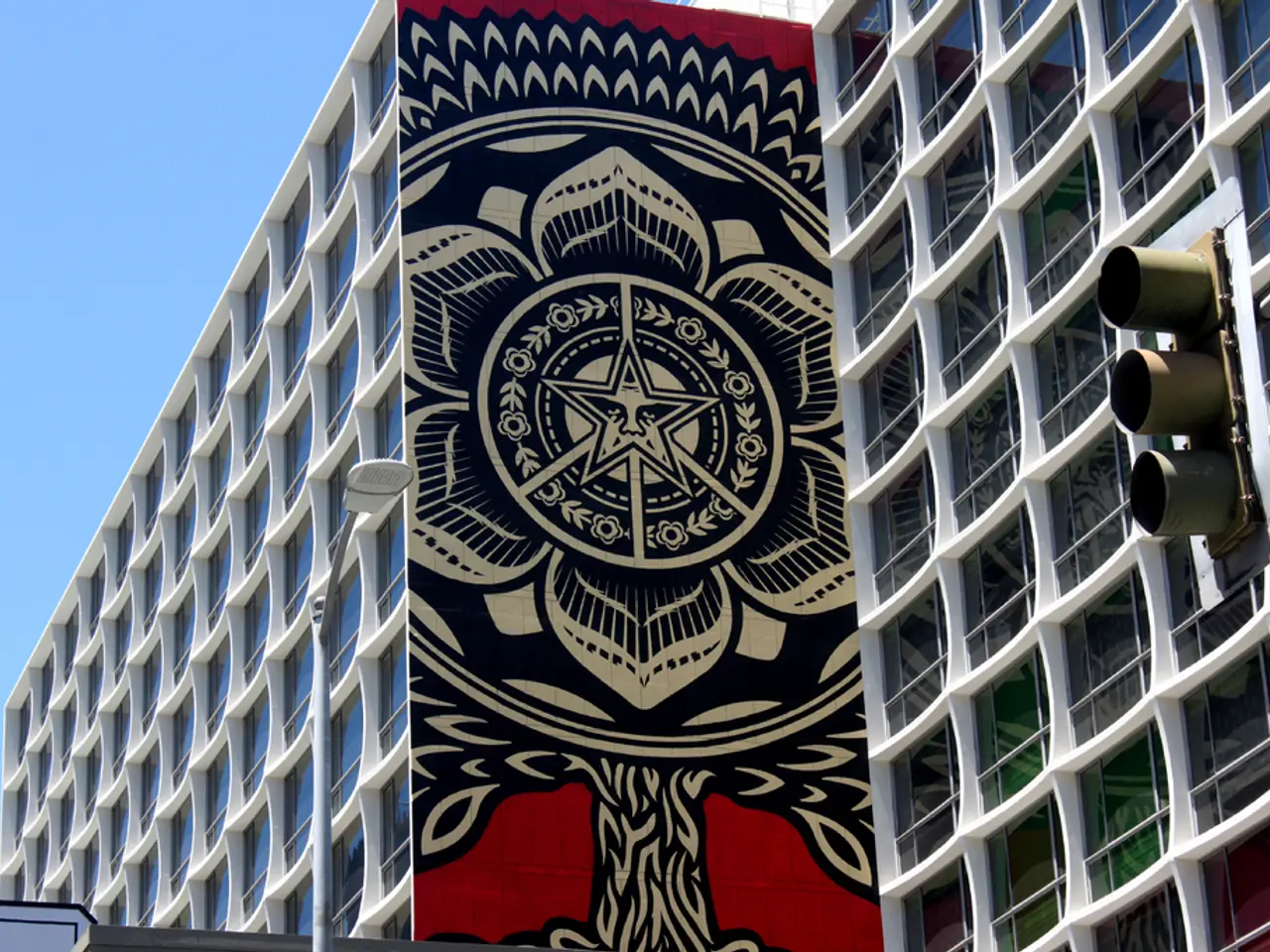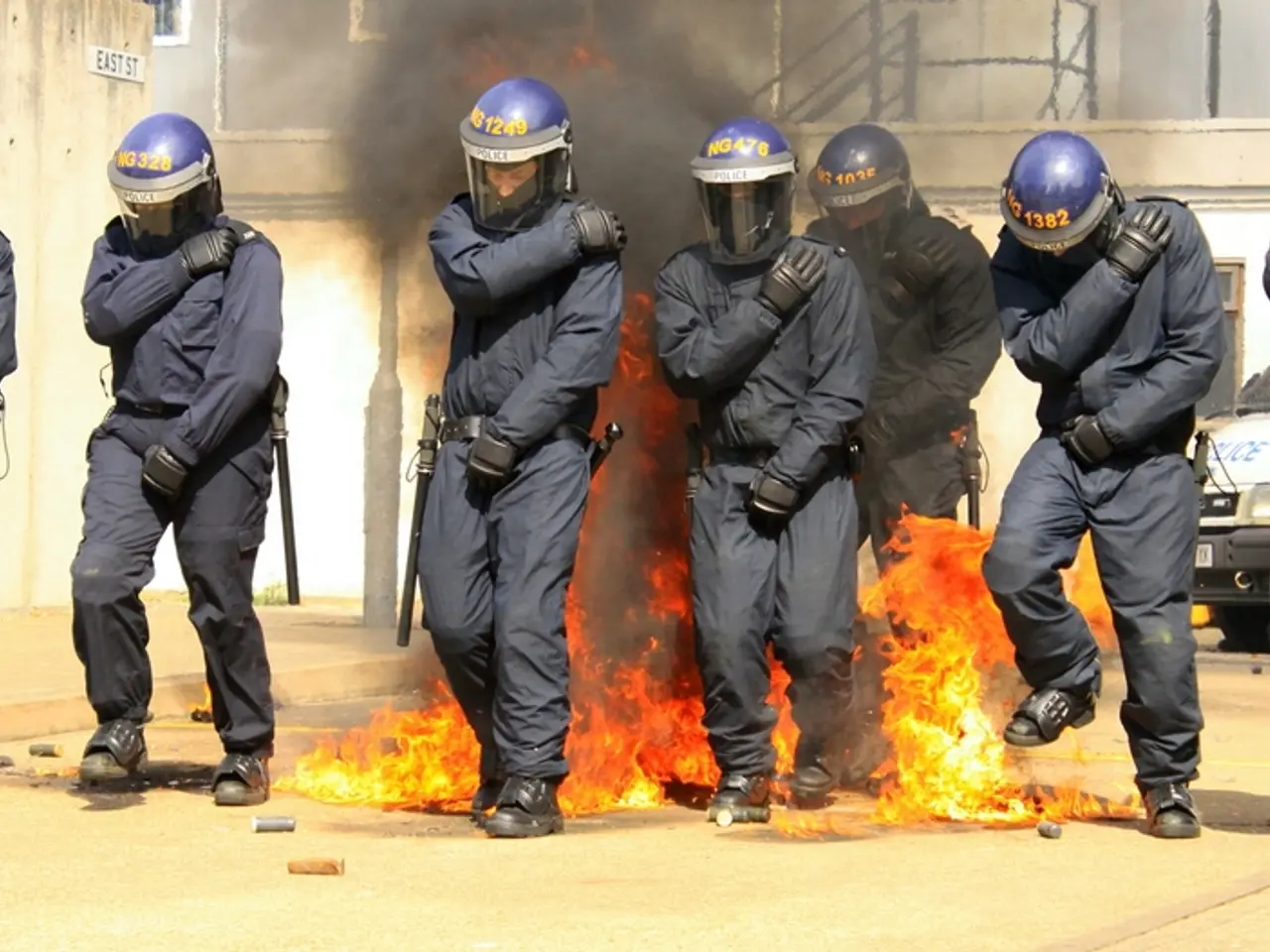Counting the Numbers: Germans Speak Out Against Online Hate and Demand Action from Politics
- 2 Min*
Germans Urge Politicians to Act on the Issue - Net Hatred: A Large Number of Germans Urge Politicians to Take Action Against Online Hate Speech
Online harassment, insults, threats – a solid 71% of Germans have experienced these forms of hate on the web, according to a Forsa survey conducted for RTL. The poll was released in conjunction with Action Day Against Hate and Hate Speech on the Internet, taking place on June 18.
Action Day Against Hate and Hate Speech on the Internet – June 18
Three-fourths of respondents claimed they had encountered hostile, degrading, or aggressive posts at least occasionally. Interestingly, younger people and those who engage vigorously in social media are more likely to have encountered such experiences.
Only 16% reported being victims of direct hate speech online. The majority – 84% – have yet to face these experiences. Notably, the more active someone is in social networks, the more frequently they tend to be affected.
Despite personal experiences or not, 70% of respondents believe that politics is not doing enough against online hate speech and are urging policymakers to take bolder action. Even supporters of the Alternative for Germany (AfD) party, albeit with a lower percentage, share this sentiment. However, merely 14% say measures against online hate speech stifle free speech, while 83% disagree with this notion.
In 2021, the United Nations designated June 18 as the International Day for Combating Hate Speech. This year, Secretary-General António Guterres focuses on the harmful effects of AI and biased algorithms in spreading hate, stating, "We must counter toxic narratives with positive messages and empower people to recognize, reject, and protect themselves against hate."
RTL Germany supports the action day through the initiative "Together. Against Hate and Hate Speech." This week, RTL will delve into the repercussions of negative online culture, offering practical advice, insights into the impact on children, and addressing legal options for those affected. Furthermore, the Ministry of Digital Affairs has shared its plans for addressing the issue.
Hints: Forsa surveyed 1002 people on behalf of RTL Germany from June 10 to 12, 2025. The survey is representative, and the statistical error tolerance is given as +/- 3 percentage points. Stern is part of RTL Germany.
- Hate Speech
- Forsa
- International Day for Combating Hate Speech
- Action Day Against Hate and Hate Speech on the Internet
Tackling hate speech on the internet remains a priority for many, with Germany employing legal measures such as the Network Enforcement Act (NetzDG) and the EU Digital Services Act (DSA) to combat these issues [1][2]. However, criticism of these measures persists, particularly regarding their potential impact on free speech [3]. The ongoing debate emphasizes the complexity of striking a balance between combating hate speech and preserving free expression.
[1] Council of Europe, No Hate Speech Week 2025[2] European Commission, EU Digital Services Act (DSA)[3] The Guardian, Free speech under threat in Germany, says Council of Europe human rights chief[4] European Parliament, Preliminary Report on the operation of the Network Enforcement Act (NetzDG)[5] European Centre for Press and Media Freedom, Germany’s Netzwerkdurchsetzungsgesetz (NetzDG): Is the authoritarian law really about fighting fake news, hate speech, and disinformation?
- The Forsa survey, commissioned by RTL Germany, reveals that a significant 70% of respondents believe that political communities are not taking enough action against hate speech on social media.
- As the International Day for Combating Hate Speech approaches, there is a growing call for policymakers to implement stronger employment policies within the realm of entertainment, politics, and general-news sectors to address online hate and combative language on social-media platforms.






